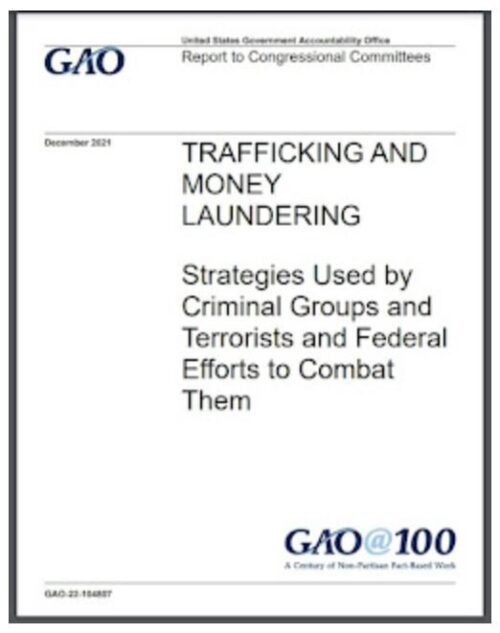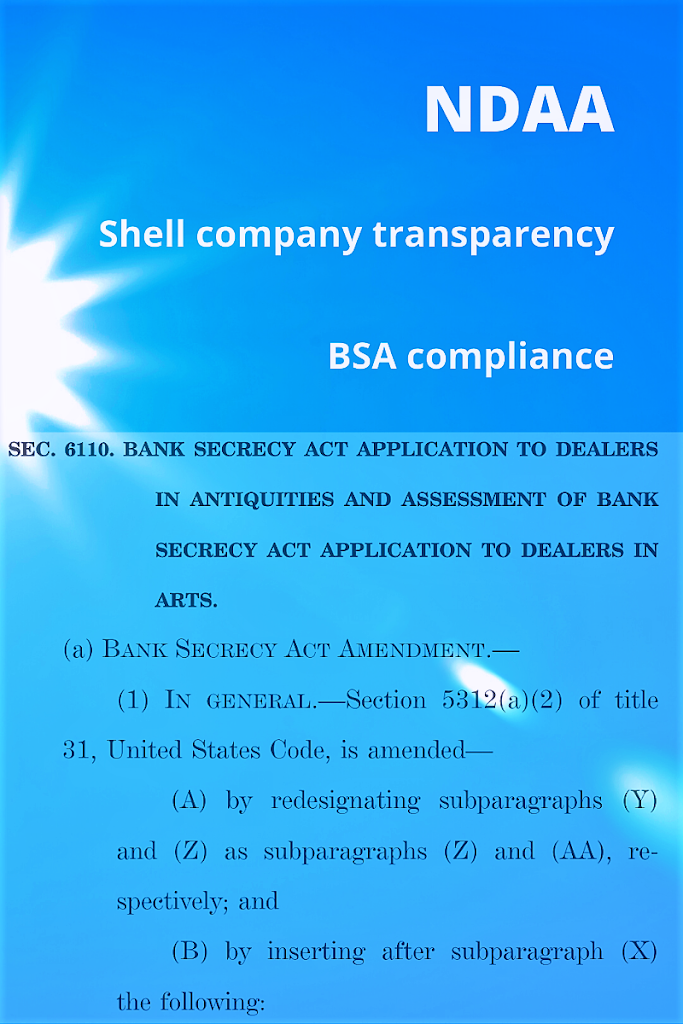Cultural Property Lawyers Take Note: ABA Ethics Opinion Warns About Criminal Clients
Does a potential client want to commit an antiquities trafficking crime? The cultural property lawyer needs to find out.
One way cultural heritage traffickers cover their tracks, wash dirty money, and blanket themselves with business legitimacy is by hiring reputable professionals to manage seemingly lawful transactions, which is why accountants, freight forwarders, customs brokers, conservators, dealers, auctioneers, academics, art advisors, and appraisers may be solicited to handle looted and smuggled artifacts.
Because traffickers and cash launderers may also try to retain legal counsel to move contraband archaeological, ethnological, and religious objects into the antiquities market, a cautionary ethics opinion issued by the American Bar Association (ABA) should prompt cultural property lawyers and customs attorneys to ask probing questions.
“A lawyer may … face criminal charges or civil liability, in addition to bar discipline, for deliberately or consciously avoiding knowledge that a client is or may be using the lawyer’s services to further a crime or fraud,” writes the ABA Standing Committee on Ethics and Professional Responsibility, which issued guidance in response to concerns about money laundering and counter-terrorism enforcement. Formal Opinion 491, published on April 29, instructs attorneys that “Model Rule 1.2(d) prohibits a lawyer from advising or assisting a client in a transaction or other non-litigation matter the lawyer ‘knows’ is criminal or fraudulent.”
The opinion emphasizes that a lawyer cannot remain ignorant of a transaction, warning that it is “a lawyer’s obligation to inquire when faced with a client who may be seeking to use the lawyer’s services in a transaction to commit a crime or fraud.” The ABA committee makes clear that “[f]ailure to make a reasonable inquiry is willful blindness punishable under the actual knowledge standard of the Rule.”
Due diligence therefore is critical. When a potential client calls to ask, “Can you help me sell ancient art stored in an overseas freeport by setting up a U.S. import company, retaining a customs broker to handle the paperwork, creating a shell corporation to offer the objects for sale, and using the law firm’s trust account to handle the financial transactions?,” the lawyer’s immediate response must be to ask scrutinizing questions before agreeing to represent the prospective client.
Photo credit: freeimages.com /Henk L and Pat.
Text and original photos copyrighted 2010-2020 by Cultural Heritage Lawyer Rick St. Hilaire, a blog commenting on matters of cultural property law, art law, art crime, cultural heritage policy, antiquities trafficking, looted, antiquities, stolen relics,smuggled antiquities, illicit antiquities, museum risk management, and archaeology. Any unauthorized reproduction or retransmission without the express written consent of CHL is strictly prohibited. The materials presented on this site are intended for informational purposes only and should not be used as legal advice applicable to the reader’s specific situation. In addition, the provision of this information to the reader in no way constitutes an attorney-client relationship. Blog url: culturalheritagelawyer.blogspot.com.



